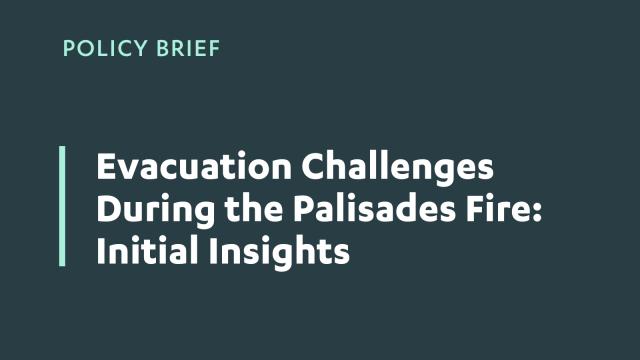Examining Disproportionality in Adult Protective Services Decisions in Southern California
Adult protective services (APS) are the primary form of state intervention in cases of elder mistreatment in the United States. Accurate and unbiased identification of elder abuse and neglect is crucial to protect elders from mistreatment and also to reduce overpolicing of vulnerable groups. This study uses APS report microdata (N=14,448) from a county APS agency in Southern California to identify racial disproportionality in the rate of confirmed elder abuse. Our analysis finds that APS investigators are significantly less likely to confirm reported cases of elder mistreatment for Latinx victims than for white victims. While we found no significant relationship between APS case confirmation and API identity overall, disaggregation of the API identity group reveals a bimodal effect. East Asian APS victims are significantly more likely to be confirmed for elder abuse than whites, while Southeast Asians are significantly less likely to be confirmed. English proficiency also moderates APS confirmation rate for Southeast Asians, with non-English-speaking Southeast Asians being significantly more likely to be confirmed for elder abuse. Contrary to expectations, Black racialized identity did not have a statistically significant relationship with APS case confirmation as compared to whites. Study findings illustrate the need for improved outreach and reporting practices around elder mistreatment and the importance of examining inter-ethnic differences within the API monolith when designing policy interventions for older adults



